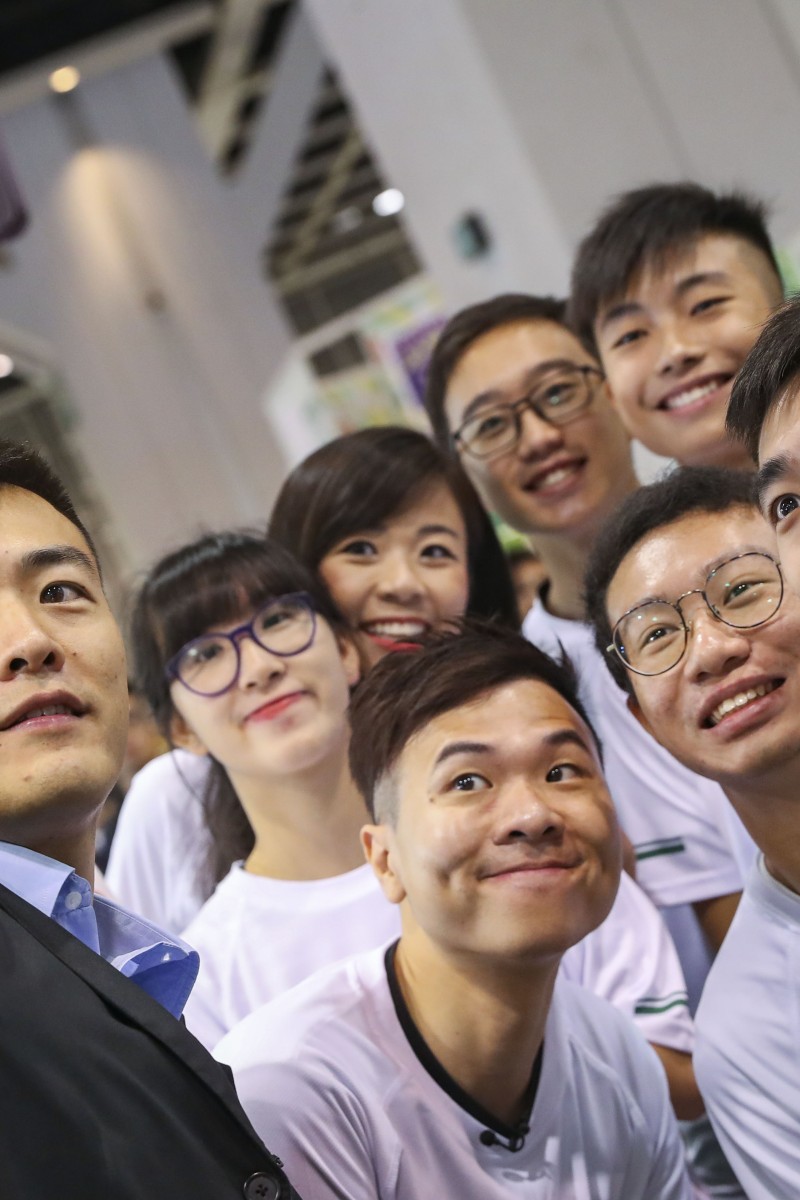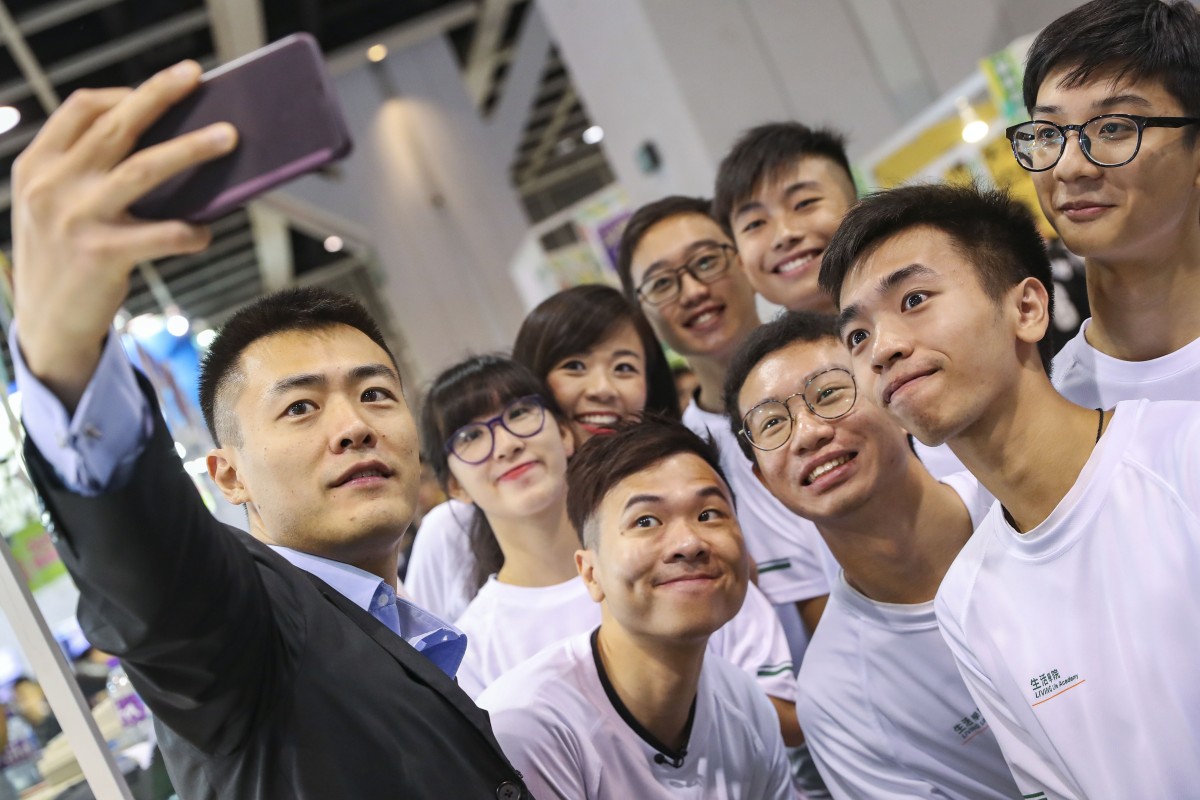
Lau Ming-wai uncensored: The deputy chairman of the HK Youth Development Commission tells us why he will never shut up
The Chinese Estates Holdings tycoon plans on talking straight about poverty, career-planning and other important youth issues
 Lau Ming-wai, deputy chairman of the Youth Development Commission, says the government is finally taking youth issues seriously.
Lau Ming-wai, deputy chairman of the Youth Development Commission, says the government is finally taking youth issues seriously.Lau Ming-wai, the former Chairman of the Commission on Youth (COY) and now the deputy chairman of the Youth Development Commission (YDC), still works in the same building as he did three years ago. Except now, he has a team of a dozen as leader of his own think tank.
The new YDC is an upgraded version of the old one, with more resources and more importance placed on it. Its been allocated HK$1 billion, is mentioned in the 2018 Policy Address, and has the Chief Secretary for Administration at its head.
But things have got off to a slow start, Lau admits. “I think the policy issues at stake are much larger now,” he says. “Back when I was chairman of the old commission, I don’t think all the bureaus took youth matters seriously enough. They respected and considered them, but now with the Chief Secretary’s personal attention, everyone is a lot more serious about this.”
And while the pace may have slowed down, Lau says that isn’t necessarily be a bad thing.
“You could say that the slower pace is actually a sign that we’re treating this seriously,” he explains, pointing out the importance of “thinking thrice” when something has real-world implications.
He also thinks there are no quick solutions to the problems young people face. “The problems related to things like education, social mobility, and jobs are complex.” he says. “They’re very different from building a road or a bridge.”
Lau points to the overemphasis in Hong Kong schools on exams and grades as an example of the problems the commission faces.
“You can’t have laws to force parents, teachers and headmasters to change their mentality,” he says. “Anyone who is serious about tackling these issues needs to take a long view.”
Lau applies this same mindset to the commission itself. He supports the decision to keep meetings behind closed doors, even if this might seem less transparent.
“There needs to be a balance between transparency and allowing honest discussions to take place,” he says, adding that he wants to avoid “sloganeering” – repeating phrases to the public instead of developing concrete ideas.
Lau wants the commission’s number one priority to be career- and life-planning.
“Things like sports and housing are not truly universal problems,” he says. “Young people come from different backgrounds. Some don’t face housing issues, some face serious housing issues. But career- and life-planning affects literally everyone.”
Lau’s own wealthy upbringing has been the cause of controversy in the past. He brings up two incidents: one, when he was criticised for saying people should go to Japan less often to save up money so they can buy a flat; and another last August, when he shared a story, during an RTHK programme about wealth, about his parents giving him HK$100,000 in cash on his 10th birthday.
“I brought this up because even I thought it was outrageous,” he explains. “It’s something that happened to me when I was 10. It wasn’t my idea. Do I not talk about it for fear of creating envy? If I have to censor myself because of online trolling, then life in Hong Kong for me would be pretty crap.”
Lau is well aware of how his comments may be taken, but he believes that people will always find targets for their discussions about poverty and wealth.
“The only way I can avoid anymore online trashing is by not talking about money, and also probably land, housing and anything else of value. By that logic, I should just shut up. So to hell with that.”
Lau plans to keep talking straight, in spite of the online backlash. “Who knows what topic might get netizens riled up again,” he says. “I could talk about land or housing and they could take a sound bite out of context and turn it into episode three. And then four and five. You know what? I don’t care.”
With his policy talk and high profile, some believe Lau has his sights set on Hong Kong’s top job, the Chief Executive. But Lau shakes his head at the suggestion.
“I feel if I want to serve the community, there are better and more effective ways I can do it,” he says. “Can’t people just accept that there’s someone who wants to do some good and has the time and resources to do so?”
